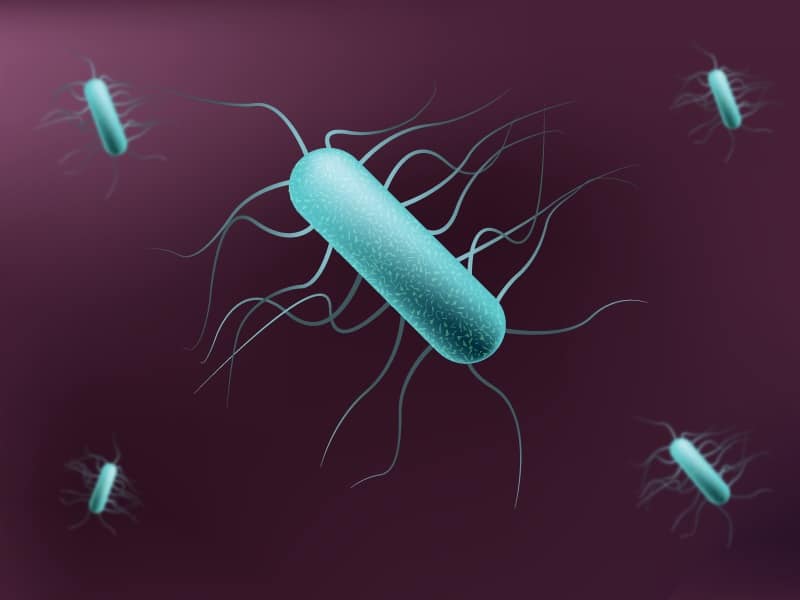You know you’ve made it when you’ve got a strain of Listeria named after you.
“Listeria costaricensis” is the official name for a new bacteria identified by scientists from the Biotechnology Research Center at the Costa Rican Institute of Technology (TEC). According to a news release from TEC, the Costa Rican researchers, Johnny Peraza and Kattia Núñez, made the discovery in collaboration with scientists from the Pasteur Institute in Paris, France.
Listeria is a group of bacteria composed of 18 species, two of which are pathogens, meaning that they cause serious harm to humans or animals that consume foods contaminated by the bacteria, the statement explained. Listeria monocytogenes is the most famous of the pathogens and can cause meningitis, as well as damage to a fetus if contracted by a pregnant woman.
As befits the military-free nature of the country for which it is named, Listeria costaricensis is not harmful, and will in fact help researchers learn more about the bacteria’s more dangerous cousins. It could even lead to the discovery of antibiotics that could help treat people facing bacterial infections.
The bacteria was discovered in water collected from an industrial drain in the province of Alajuela over a period of years. The genetic identification of the sample was carried out in collaboration with the National Listeriosis Reference Center at the Pasteur Institute.
“In Costa Rica, very little research exists in microbiological diversity; despite that, this discovery reflects the diversity of Listeria and shows that in Costa Rica there is fertile ground for this kind of research,” added Javiera Pizarro-Cerda, Research Director of the Pasteur Institute.







